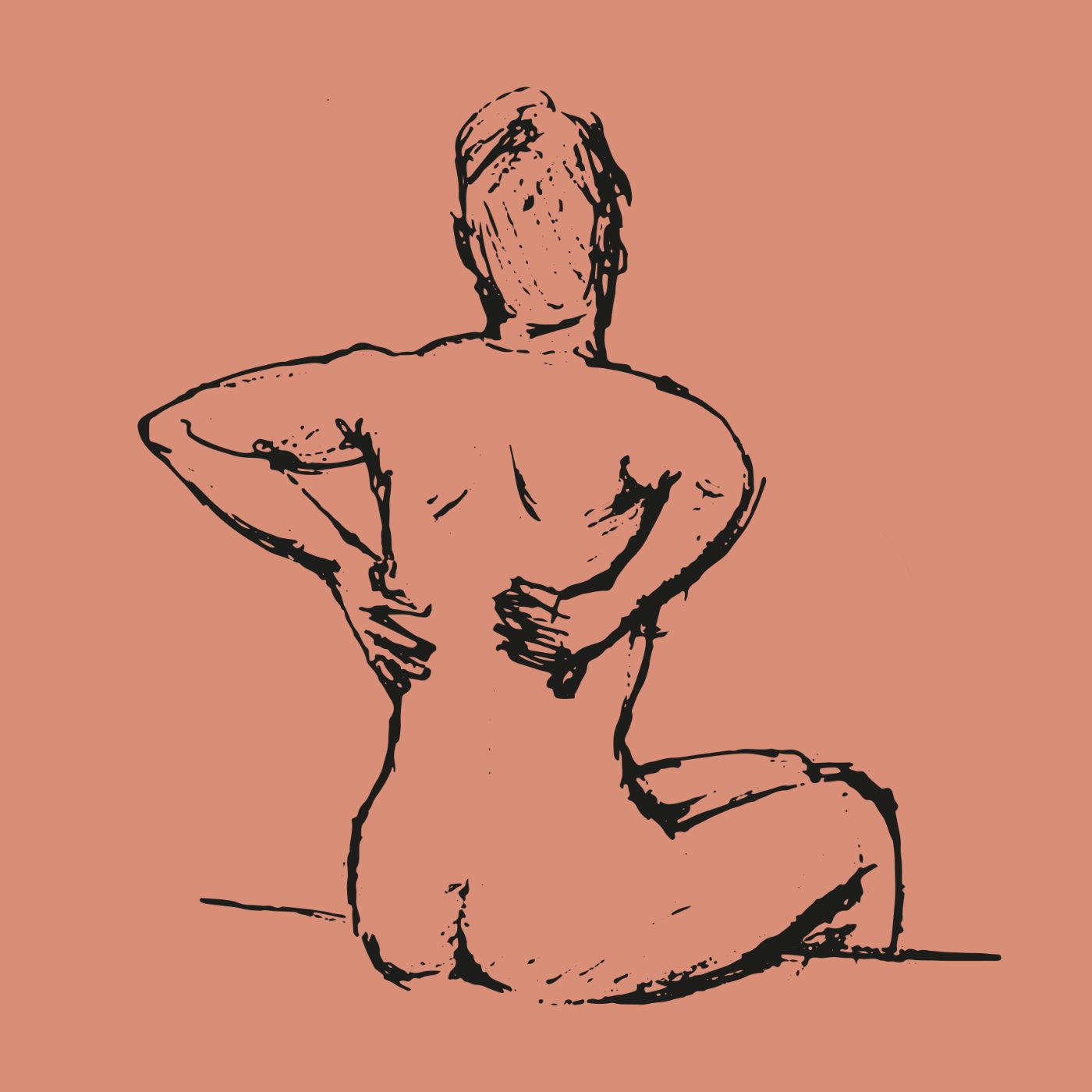Table of Contents
Table of Content
Irritable bowel syndrome, or IBS, is a common and frustrating problem. People with IBS experience digestive issues that can manifest as diarrhoea, cramping or bloating. For obvious reasons, this can be an embarrassing issue, but worst of all, it can have serious long-term consequences if not managed properly.
CBD shows a lot of promise as a therapeutic tool, including possibly for IBS, and we’ve done the research to help you decide if this natural compound could be useful to help you tackle this digestive disorder.
What is CBD?
Cannabidiol (or CBD) is a naturally occurring plant compound that you’ve probably heard of thanks to claims about its various health benefits. CBD comes in many forms, like vapes, edibles and lotions, but you’re probably most likely to come across it as an oil.
CBD is sourced from cannabis plants and is a type of compound called a cannabinoid. CBD is so prevalent in cannabis that it is actually classified as a major cannabinoid. The other major cannabinoid is called THC or tetrahydrocannabinol.
How can CBD help IBS?
CBD may be able to help IBS by improving the symptoms that come with irritable bowel disease. Not to be confused with IBD, an inflammatory bowel condition, IBS is also known as a spastic colon.
We don’t know a lot about how IBS is caused, but we do know that it can cause a lot of debilitating symptoms in the gastrointestinal area, like cramping, pain, constipation, diarrhoea, bloating, and gas. Because we don’t know much about the development of IBS, treatment focuses on managing symptoms, and that’s exactly how CBD may offer some relief for patients with IBS.
Another way that CBD may be able to help IBS is by reducing one of the known triggers of IBS - stress relief. By possibly reducing the body’s exposure to stress, CBD may help to also reduce the onset of IBS flare-ups.
Research on CBD and IBS
- CBD has shown a lot of promise as an anti-inflammatory, which is particularly helpful, as inflammation has been shown to play a small role in the progression of the condition (1). A 2019 study published in the journal Randomized Controlled Trials found that CBD was able to reduce inflammatory markers in gut tissue and inhibit inflammatory action. Another article highlighted that CBD could improve inflammatory activity in the human gut (2).
- Pain is a significant and common symptom in patients with IBS, and CBD could be able to reduce some of this pain. A 2020 study published in the JAMA Network Open journal investigated self-reported effects of CBD. The study found that CBD may be useful for treating gastrointestinal pain like that experienced by IBS patients (3).
- We also know that CBD can activate serotonin receptors. This is important for pain relief, as serotonin plays an important role in pain management (4). One study even found that CBD activation of serotonin led to a reduction in pain perception (5).
- Another way that CBD may be able to reduce pain for patients with IBS is by acting on a receptor protein called TRPV1. A 2019 animal study published in the journal Pain found that CBD was able to reduce pain levels in the animals, with this pain relief primarily due to CBD activating the receptor protein TRPV1 (6).
- Psychological pressures like anxiety and stress are known aggravators of IBS, so reducing stress could prove extremely helpful for patients struggling to control their IBS (7). Research into CBD’s potential anti-anxiety effects are impressive. One 2019 trial found that four weeks of daily CBD treatment significantly reduced anxiety in teenagers with a diagnosed social anxiety disorder (8).
- Another study on CBD and anxiety published in 2011 found that CBD treatment significantly reduced measurable anxiety symptoms in patients with social anxiety disorder undergoing a public speaking test. It is important to note, however, that this study is limited by its low number of participants (9).
Side effects of CBD
CBD is largely considered to be safe for use, due to its low chance of overdose and mild side effects (10, 11). While CBD has an impressive safety profile, some of its mild side effects can mimic those of IBS. Because of this, it’s important that you’re aware of these side effects in case you think CBD might actually be exacerbating some of your symptoms.
Mild symptoms of CBD can include sleepiness, dizziness, lethargy, reduced appetite, and - importantly for patients with IBS - diarrhoea. While this side effect is most likely to only be mild, we do advise that you consult your doctor before adding CBD into your routine if you have IBS.
The good news is that CBD doses up to 1,500 mg have been used in studies safely, so even high amounts of CBD are likely to be both useful and safe to use (12). One side effect that can’t be induced through CBD is a psychotropic effect. CBD can’t cause a high; the other major cannabinoid, THC, is the chemical responsible for the psychotropic effects of cannabis.
The bottom line
IBS can be a frustrating, painful, and confusing condition to treat, but CBD may offer some help. CBD’s ability to possibly reduce inflammation and pain could help patients to directly target the symptoms of their IBS. CBD could also help to reduce some of the triggers of IBS, anxiety and stress. If CBD could remove triggers to IBS, it could help patients to manage their IBS flare-ups.
While the research is promising, it is still in the early stages, and more studies are needed into CBD’s effects on IBS directly before definitive conclusions about its effectiveness can be made. CBD’s side effects also need to be considered when taking CBD for IBS, as common symptoms of CBD can include mild bouts of diarrhoea.
Overall, CBD is considered safe, and its potential as a treatment for IBS is exciting.
 |
Medically reviewed for KLORIS by Sarah Neidler, PhD |





